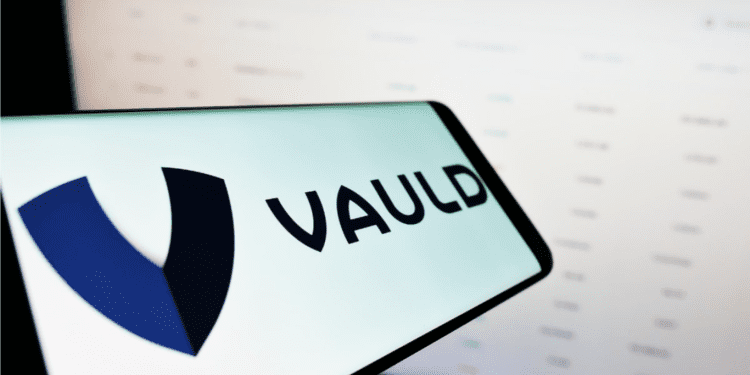- Vauld receives court permission to restructure its board of directors.
- More bankrupt crypto companies are submitting restructuring proposals, to rebuild their operations.
- Vauld’s new restructuring plan will ask existing customers to resubmit their KYC verifications.
Vauld, a now bankrupt Singapore-based crypto exchange, has been in the throes of its bankruptcy proceedings since August 2022 and has now received permission from the court to restructure its board for the new management to lead the bailout process for the bankrupt exchange.
The co-founder of Vauld, Darshan Bathija, announced on Twitter on August 24th that the company got its new plan for restructuring accepted by the Singapore court, and according to the plan presented in court, there will be a new CEO, a creditor representative, and a scheme manager; the new board will be in charge of supervising the process of restructuring in the exchange.
Vauld has also continued its KYC (Know Your Customer) checks for current customers, who are now tasked with submitting their verification documents. In August 2022, Indian authorities seized $46.4 million from the Indian division of Vauld, Flipvolt Technologies, due to allegations of money laundering.
Vauld also halted its withdrawal options for its customers in July 2022, claiming that the action was prompted by unfavorable market conditions and a two-week bank run, which cost $200 million worth of withdrawals. Vauld also contended that the losses had a hand in the decline of prices for major cryptocurrencies and their exposure to the collapse of TerraUSD in May 2022, a collapse that affected a significant part of the crypto space.
The bankrupt crypto exchange was granted a three-month deadline to develop a restructuring plan. The plan Vauld came up with suggested an acquisition by a Swiss crypto lender. Still, Nexo pulled out on negotiations early this year. In the same month, Vauld received another extension of creditor protection from a Singapore court, and it received another extension in February.
Vauld owes around $400 million in debt, the vast majority being unpaid individual depositors’ money. The crypto exchange is not the only one that filed for bankruptcy last year, just a few months after the crash of TerraUSD, which, alongside FTX, had a hand in the collapse of the crypto market.
In 2022, many crypto exchanges, lenders, and crypto-affiliated companies either collapsed or filed for bankruptcy. These platforms either had investments in FTX or TerraUSD, and their collapse meant the crash of all these crypto platforms.
While many of these companies filed for bankruptcy and requested the chance to restructure, it did not reduce the damage already done to the industry.
Conclusion
There is no way to find out if Vauld’s restructuring plan will help the crypto exchange get back on its feet, but it’s a step in the right direction, and it will help the platform’s customers regain their hope of being refunded their withheld funds, and it may help Vauld clear their debts.














